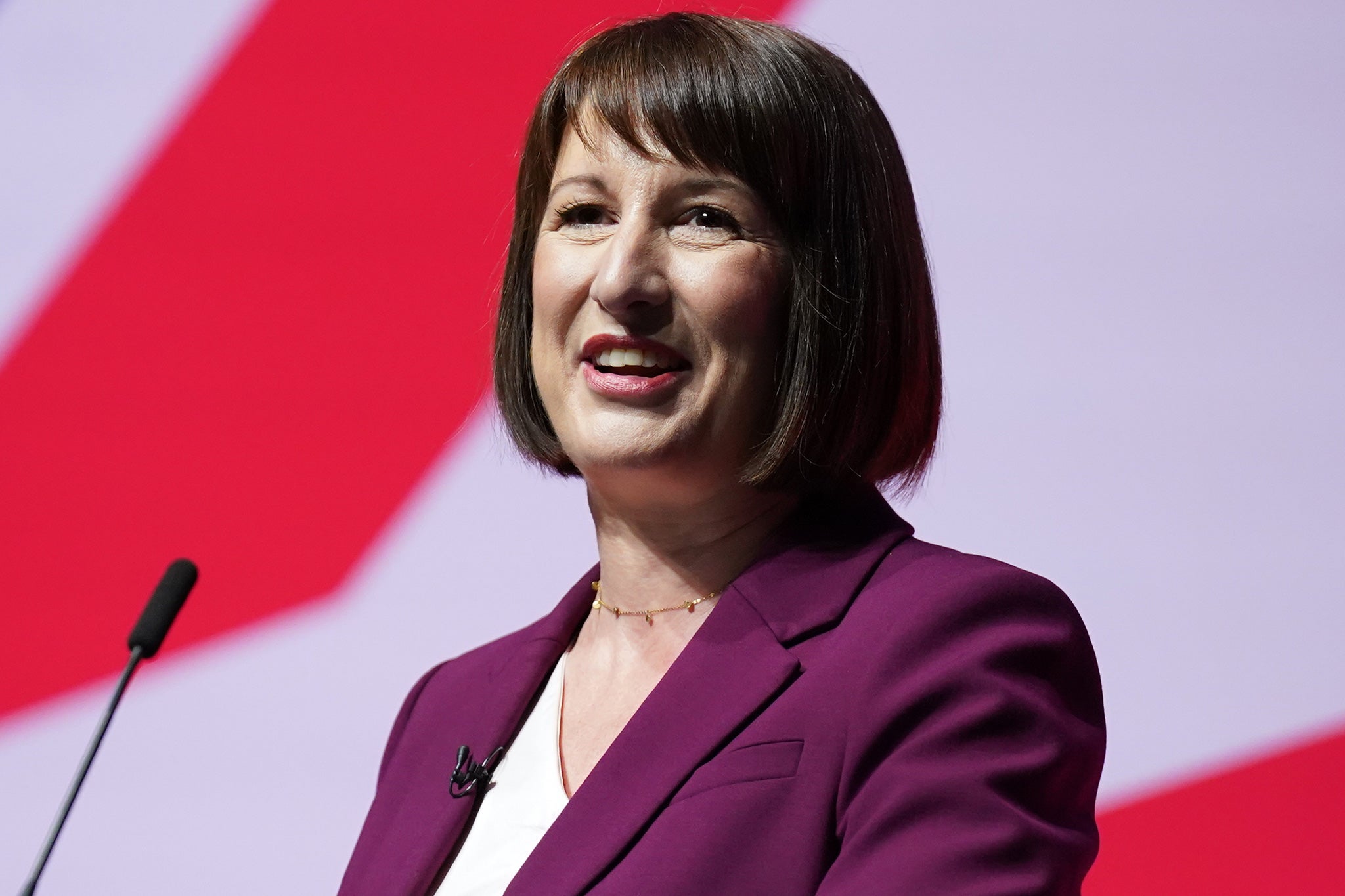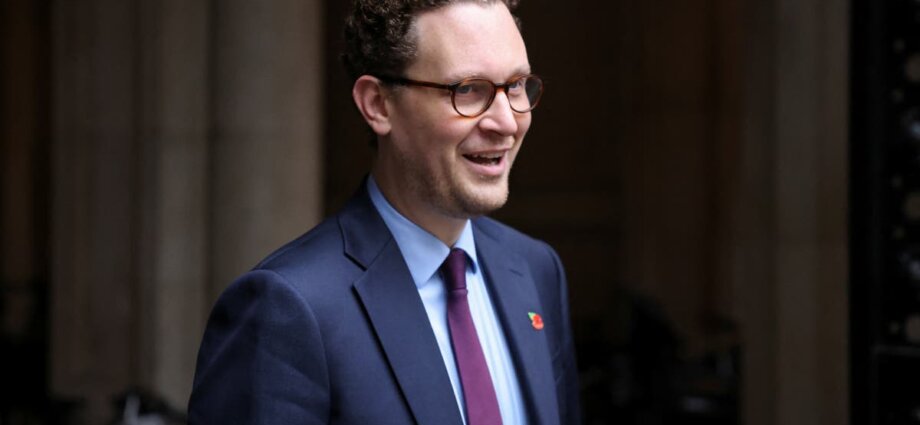Labour’s first Budget does not bear any similarity to that of Liz Truss, a minister has said adding that the country has “got PTSD” from the former PM’s catastrophic mini-Budget as the government seeks to downplay speculation about market turmoil.
Asked about market jitters following the Budget, Treasury minister Darren Jones told Sky News that “markets always respond to budgets in the normal way”.
“There’s a lot of new information about the economy and the nation’s finances presented to parliament, and it’s normal for markets to respond,” he said.
Mr Jones later added: “I think we’ve all got PTSD from Liz Truss and just let’s compare the two different scenarios, because they’re very, very different: So, under Liz Truss, as we saw, they sacked permanent secretary, they ignored the independent Office for Budget Responsibility.
“They announced £45 billion of unfunded tax cuts and said they were only just getting started. And then the market went mad and we all know what happened.

“Completely different in contrast to now.”
The scale of extra borrowing announced in the budget – around £32 billion a year on average – saw yields on government bonds increase as the market responded to the chancellor’s plans.
The budget increased state spending by almost £70 billion per year – a little over 2 per cent of gross domestic product (GDP) – funded by increased taxes and borrowing.
On Friday, it emerged that an Office for Budget Responsibility (OBR) error left Ms Reeves with £18bn less headroom in her spending plans, potentially fuelling investor concerns about her first budget.
A footnote in the watchdog’s outlook, published on Wednesday alongside the Budget, said its March forecasts contained an error in the projections for public sector net financial liabilities – the debt measure now used by the chancellor in one of her new fiscal rules.
Mr Jones also conceded that the headline budget tax rise in national insurance contributions (NICs) for employers would impact “working people”, following a similar admission by Ms Reeves.
It comes despite Labour promising in its manifesto not to raise taxes on working people.
The £25.7 billion change to employers’ NICs is expected to raise around £16.1 billion by 2029/30 as firms curb wage rises, cut hours and reduce profits – while public sector employers get compensation in their budgets for the change.
Asked if it would impact workers, Mr Jones said: “Yes, but the question in the manifesto, the promise in the manifesto, was not to increase the rate of tax that employees pay in their payslip.
“It says that we make a promise to working people, that’s people who go to work and get a payslip, that we will not increase income tax or national insurance.”

After months spent warning the public of “tough choices” ahead, Ms Reeves used the Budget to promise to “invest, invest, invest” in order to “fix public services” and announce a £22.6 billion increase in the day-to-day NHS health Budget.
Increases to employers’ national insurance contributions, stamp duty on second homes and a scrapping of the VAT exemption on private school fees were all confirmed by the chancellor, as well as a new duty on vaping liquids.
Introduced as the chancellor attempts to grapple with a £22bn black hole in the public finances, the tax hikes represent the biggest rise in cash terms in any budget.











